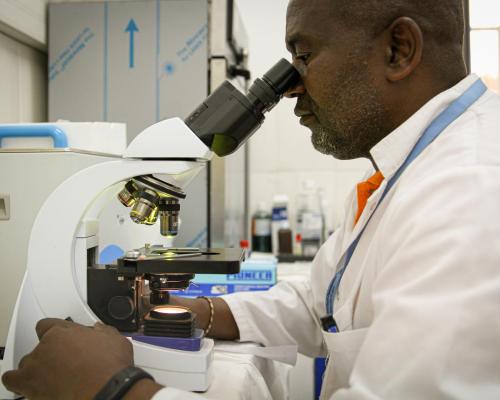
Brazzaville, 23 November 2020 – The World Health Organization (WHO) and partners launched an online platform today to promote the exchange of evidence and experience across countries in the African region. By working to foster evidence-informed decision-making in an endeavor to re-engineer health service delivery, the initiative is expected to drive countries’ health system resilience efforts.
The African Health Observatory Platform on Health Systems and Policy (AHOP) aims to facilitate cross-country learning and accelerate the uptake of high-quality evidence and experiences reflecting the complexity and diversity of the region. This knowledge translation effort will ultimately help strengthen national and regional health system design and performance.
“This is a significant step. So much data and research in Africa is produced, but not always shared,” said Dr Humphrey Karamagi, the Team Leader of Data, Analytics and Knowledge Management at WHO Regional Office for Africa. The experience-sharing occurring between countries on all types of health conditions could be used to deliver services that people are actually asking for.”
Leading public health research institutions in Ethiopia, Kenya, Nigeria, Rwanda and Senegal are generating knowledge through the collection, analysis and synthesis of evidence for use by decision-makers at national and regional levels. Through frequent policy-maker input and engagement, AHOP seeks to respond to policy needs with timely support and reliable evidence tailored and packaged in ways that are useful and usable for policy-makers.
Outputs range from country-specific profiles covering health systems and their performance, to policy briefs on topical issues requiring evidence to guide decision-making. It is expected that the number of national centres will rapidly expand to bring more countries and institutions on board.
A consortium of technical partners, including the London School of Economics and Political Science and the European Observatory on Health Systems and Policies, support the national centres in producing locally-led analyses. The WHO Regional Office for Africa ensures regional relevance of the different analyses.
AHOP complements the larger WHO integrated African Health Observatory (iAHO), currently the most comprehensive, freely available online repository for data, analytics and knowledge on health for decision-makers, researchers, stakeholders and citizens in the region.
“By adding the knowledge component, we want to provide a one-stop shop that will bridge the gap between research and decision-makers to accelerate the progress towards access to affordable and quality health services,” Dr Karamagi said.
This joint initiative is supported by grants from the Bill & Melinda Gates Foundation.


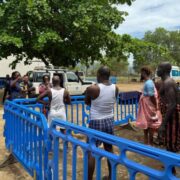
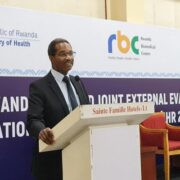
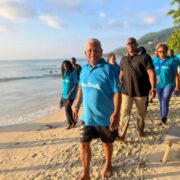
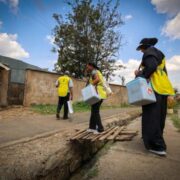
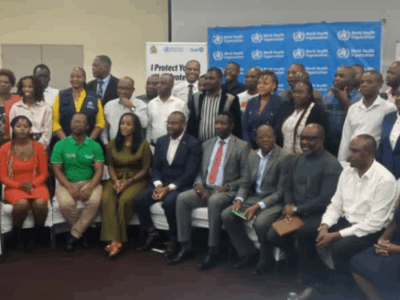
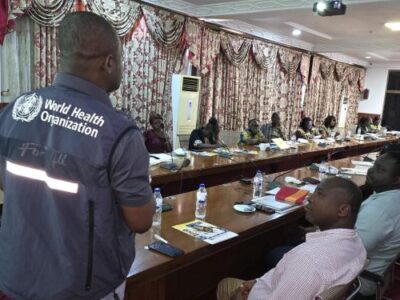
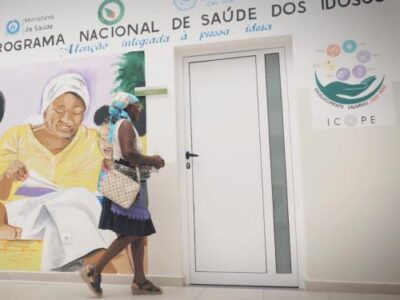


Comments